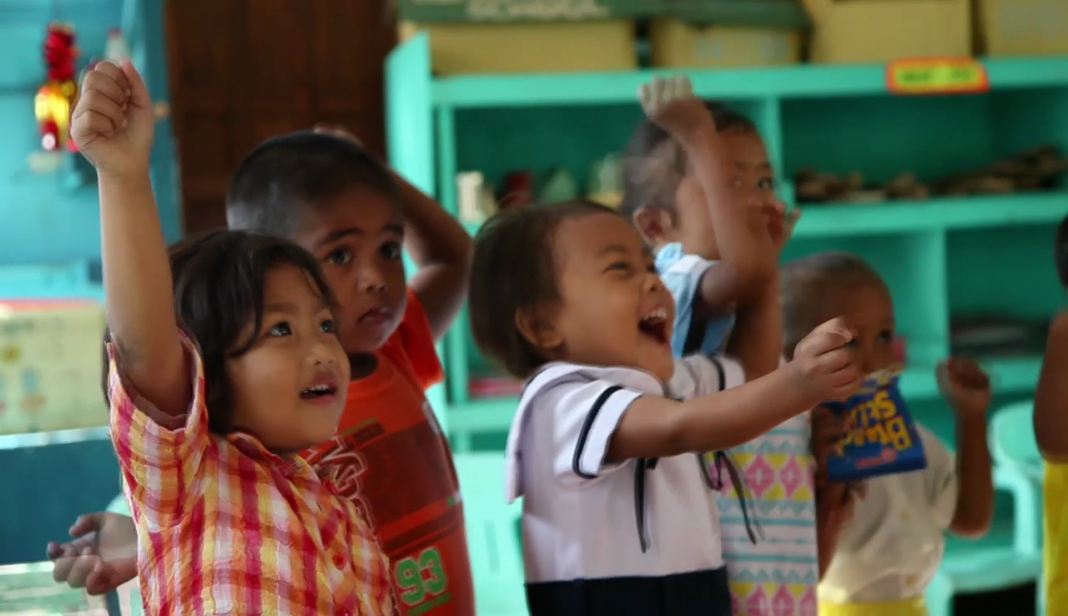The Pantawid Pamilyang Pilipino Program (4Ps) has played a significant role in reducing the number of working children in the Philippines, contributing to a 26 percent drop from 1.48 million in 2022 to 1.09 million in 2023, according to recent data from the Philippine Statistics Authority (PSA).
This reduction highlights the program’s impact on encouraging families to prioritize education and health for their children, said Rep. Marvin Rillo (4th District, Quezon City) in a news release last week.
As the government’s flagship human capital development strategy, the 4Ps offers cash grants to poor households, conditional on requirements such as school attendance for children, regular health check-ups, and participation in family development sessions. The program ensures children remain in school and access proper education while supporting families in meeting basic needs.
The House of Representatives has approved a P114.2 billion allocation for the program in the 2025 national budget, marking a P7.9 billion increase from this year’s P106.3 billion. The funds aim to sustain and expand the program’s benefits to 4.4 million household beneficiaries. Under the 4Ps, cash grants include:
- P300 per month per child (up to 10 months annually) for those in day care or elementary school,
- P500 per month per child (up to 10 months annually) for those in junior high school,
- P700 per month per child (up to 10 months annually) for those in senior high school,
- P750 per month in health and nutrition aid (up to 12 months annually), and
- A P600 monthly rice subsidy in cash.
These investments underscore the program’s commitment to human capital development and poverty alleviation, aligning with National Children’s Month’s focus on ensuring the well-being of Filipino children last November.














